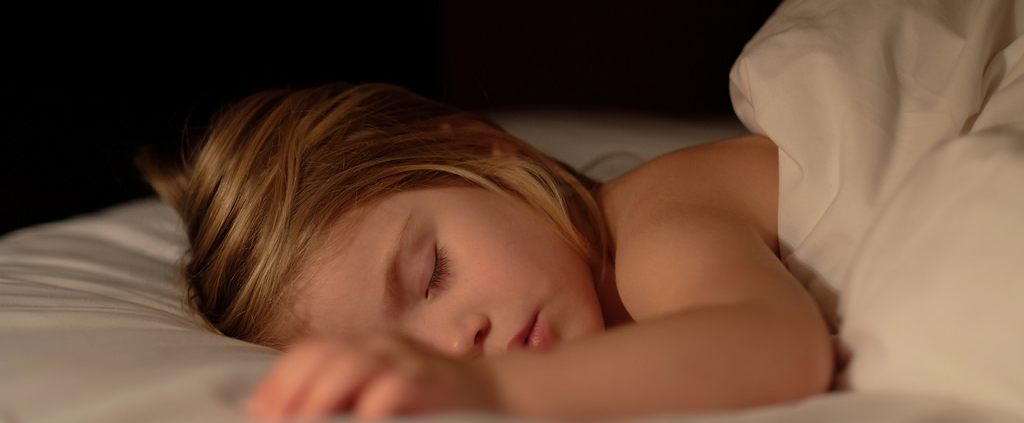Wake Up, College Students: Here’s The Science On Sleep
Sleep is something we all love, so why do we constantly put it last on our ever-lengthening list of priorities? You may have heard the sayings, “health is wealth” or “health is happiness.” Well, research has absolutely proven that sleep is key to health and happiness.
More Sleep = Better Life Decisions
Although pop culture claims otherwise, there is more to college life than going to parties, binge-watching TV and doing schoolwork. College students care about being good people and building a rewarding life – it’s a big part of who we are, how we feel about ourselves, and how we understand our place in the universe. And guess what? Proper sleep is a huge piece of that puzzle. In a 2011 study on sleep and unethical behavior, researchers found that sleep quantity is positively related to self-control and negatively related to unethical behavior. In other words, getting enough sleep helps us assess and make better decisions for ourselves – and those around us.
More Sleep = Improved Quality of Life
I think it’s safe to say we all want a sense of wellbeing and happiness. As explained in an article on the emotional brain and sleep, “deprivation of sleep makes us more sensitive to emotional and stressful stimuli and events in particular.” The author notes that our REM-sleep directly affects our next day mood and emotion. Think about it: our days are a constant torrent of emotional events. And it has been proven that sleep determines the way we receive, perceive and cope with these events.
More Sleep = Better Grades
Our foremost purpose in college is to get an education and perform academically to the best of our abilities. Why, then, does the population of college students, around the world, get the least amount of sleep? I’m sure you’ve heard it from your parents, your teachers, and your mentors: “Get a good night’s rest before your midterm,” or “You might think the all-nighter is going to help you do better, but it won’t.” Whether we feel that the all-nighter will give us that edge or not, our teachers, parents, and mentors are correct. I can’t stress how closely connected academic performance and cognitive ability are to quality of sleep. Believe me, I tried researching the benefits of all-nighters and coffee binges! According to the literature, “Sleep loss is frequently associated with poor declarative and procedural learning in students.” When sleep was restricted, neurocognitive and academic performance declined. Period.
More Sleep Deprivation = Greater Risk of Chronic Disease
Did you know that Type 2 diabetes, cardiovascular disease, cancer, arthritis, and metabolic syndromes (obesity, blood pressure elevation, high fasting serum concentrations of triglycerides and glucose, and low serum high-density lipoprotein cholesterol) are all significantly related to quantity and quality of sleep? Take one study that restricted sleep to four hours per night for one week in young, normal weight men. In a single week, these men increased body weight and exhibited endocrine and metabolic changes consistent with the presence of metabolic syndrome! Imagine what more than one week of sleep deprivation can do.
Who is with Me?
Imagine a world of happy, emotionally well-adjusted, morally inclined, over-achieving students. Start the revolution on your campus by getting more sleep!#SleepRevolution #UCLALiveWell
This post is part of our series on sleep culture on college campuses. To join the conversation and share your own story, please email our Director of College Outreach Abby Williams directly at abigail.williams@huffingtonpost.com. And you can find out here if the #SleepRevolution College Tour will be visiting your campus, and learn how you can get involved. If your college is not one of the colleges already on our tour and you want it to be, please get in touch with Abby.
Phillip Cox is a 4th year Bioengineering major and blogger for the Eat Well Pod within the Healthy Campus Initiative.


